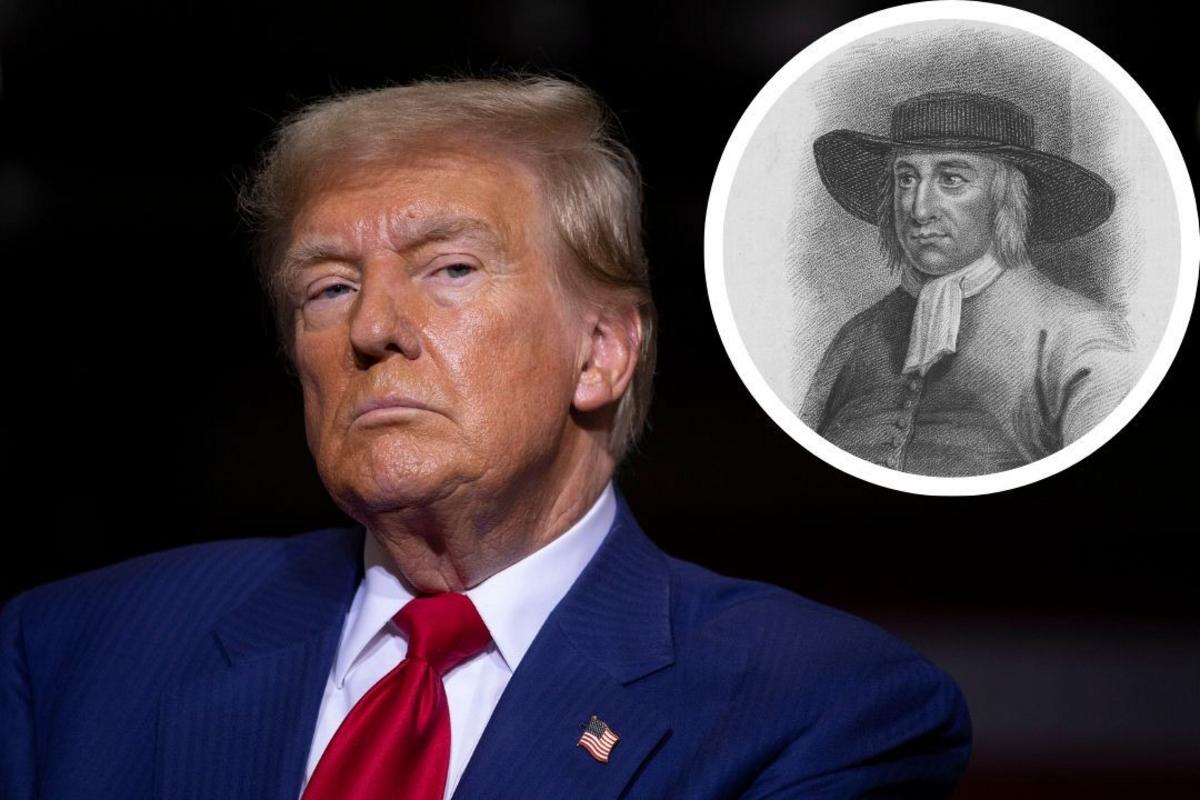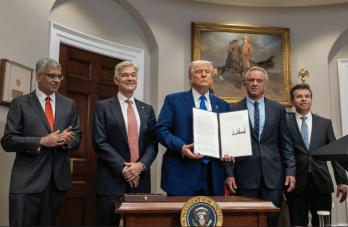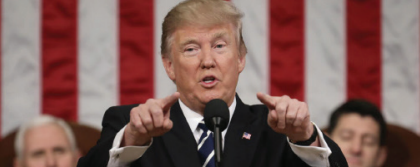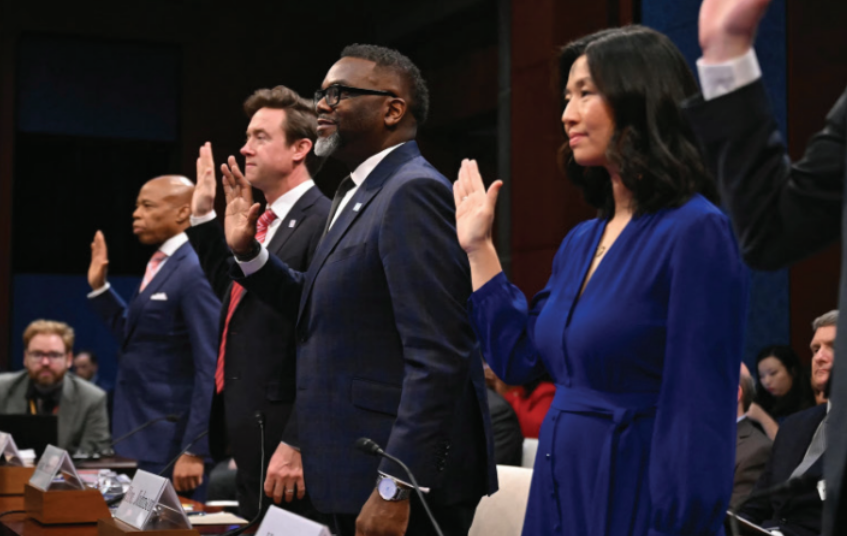Newly reelected President Donald Trump has made solving illegal immigration his focus for his successful campaign for office, and many citizens support his ideas of mass deportation and arrests. A New York Times poll taken from January 2nd-10th says that 55 percent of voters in America agree with Trump’s plans. In addition, 87 percent say that they support “deporting illegal immigrants who have been found to have criminal records.” However, these views can oftentimes clash with the US government’s policies as seen in the battle between the Trump Administration and the Christian Quaker Organization.
In November 2020, the American Friends Service Committee (AFSC), a Quaker-led social justice organization, filed a lawsuit against the Trump Administration over the repeal of a policy that restricted the US Immigration and Customs Enforcement organization (ICE) from making arrests in “sensitive locations” that were houses of worship. The Quakers argue that this change deeply infringes on their First Amendment right to practice their religion, as ICE’s often violent arrests would now be made in sacred places of peace and sanctuary. The original policy, implemented under the Obama administration in 2011, barred ICE from conducting arrests in areas such as schools, churches, and hospitals. However, in 2017, the Trump administration removed these restrictions, arguing that they hindered ICE efforts to enforce immigration laws. The lawsuit filed by the AFSC claims that this policy reversal puts the Quakers in an impossible position: either abandon their religious duty to care for all people, including illegal immigrants, or face possible prosecution for harboring them.
The Trump Administration had defended the policy shift, saying ICE agents avoid sensitive locations “when possible” and that the changes were needed to enforce the immigration laws. However, the Quakers believe that ICE’s discretion on this matter leaves their congregations at risk. The Quakers emphasize that their faith is what compels them to provide shelter and aid to anyone in need, regardless of their immigration status. This case raises many questions about the balance of religious freedom and government authority. If the Quakers succeed in this lawsuit, it could lead to new challenges to the law from other organizations as this may pave the way for others to abuse the legal system to fulfill their demands. If the Trump administration wins, it could reinforce the government’s ability to enforce immigration laws, even at the cost of personal freedoms. The outcome of this could also create broader debates about immigration reform, which reveals the growing tension between faith-based activism and federal enforcement.
As immigration remains a divisive issue, this battle highlights the struggle to balance national security, law enforcement, and the constitutional rights of religious communities. Ultimately, it is more than a dispute about immigration policies for the Quakers. Rather, it is a fight for the definition of boundaries on religious freedom in America.




















